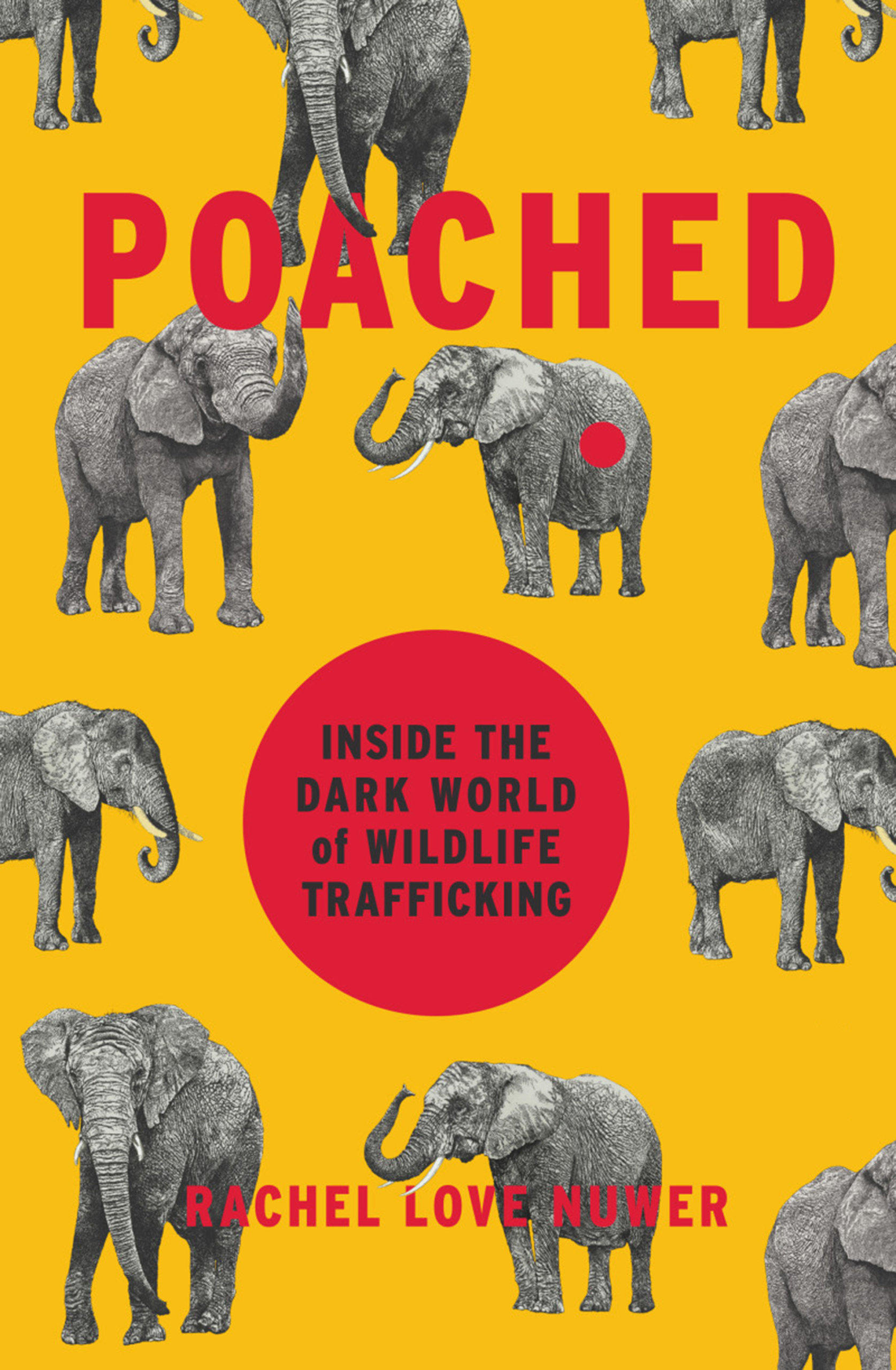The Brink Of Extinction


Award-winning journalist and author Rachel Love Nuwer dives deep into the underbelly of the illegal wildlife trade in her new book “Poached: Inside the Dark World of Wildlife Trafficking.” She visited 12 countries, including the United States, to explore the depths of the multi-billion-dollar contraband industry responsible for pushing many species to the brink of extinction. She will share her adventures at the Southampton Inn on Saturday, June 22, at 5:30 PM to continue The Independent’s free IndyLit series.
Within her book, animal trade dealers in Vietnam are compared to the drug dealers in New York City, common and commonly disregarded. Nuwer said she was in a restaurant and a man put a rhino horn on a table while patrons and servers casually walked around. “It just shows how little threat criminals actually face getting caught and prosecuted for their crimes,” said Nuwer.
Vietnam leads the illegal rhino horn trade. China is known for its elephant poaching for ivory. Unlike drugs or human trafficking, wildlife trade is shrugged off, so criminals aren’t concerned.
As society grows more aware of the elephant, rhino, and tiger trade crisis, very few are knowledgeable how expansive the problem is. Poachers target hundreds of lesser-known species, such as pangolins. Wildlife trafficking also happens in our own backyard, as the U.S. remains a huge consumer of exotic pets from parrots to small animals.
“These pets are sold legally; this isn’t usually a black-market thing. Through whatever means, either by corruption or incompetence, they are given a legal pass by getting official paperwork in those countries of origin saying they were bred in captivity, therein making them legal. When those animals show up here, U.S. border, U.S. Fish and Wildlife agents, even if they are pretty sure they came from the wild, have to let them in, because of the paperwork from that country. And they can’t say that country is wrong,” said Nuwer.
For her book, Nuwer tried to include as many perspectives as she could. From the hunter, to the officials setting rules and not enforcing them, to the trained scientists aiming to educate the public for future generations.
With an original deadline of only a year, in hindsight, Nuwer wishes she could have included a chapter on wildlife in the communities, about those living around the parks and how the animals play a natural role in their protection or destruction. The indigenous people need to kill these animals for food and poaching is taking away their survival.
“It’s by no means a perfect project, but I think it gives a very good snapshot, an overview of the main forces of play in terms of people carrying out illegal wildlife trade and the causes of demand that fuel it. And the people who are trying to stop it,” she said.
Some of Nuwer’s recommendations for organizations making a difference are Japan Tiger and Elephant Fund, the only group working to conserve the Iriomote wildcat; African Parks, which takes over management of national parks from African governments; Traffic, which investigates wildlife trade globally and produces important data; and Wildlife Direct, which provides conservation education and legal reform of wildlife laws and prosecutions in Kenya.
IndyLit is free and open to the public, but space is limited. Reservations can be made through events@indyeastend.com.
nicole@indyeastend.com



